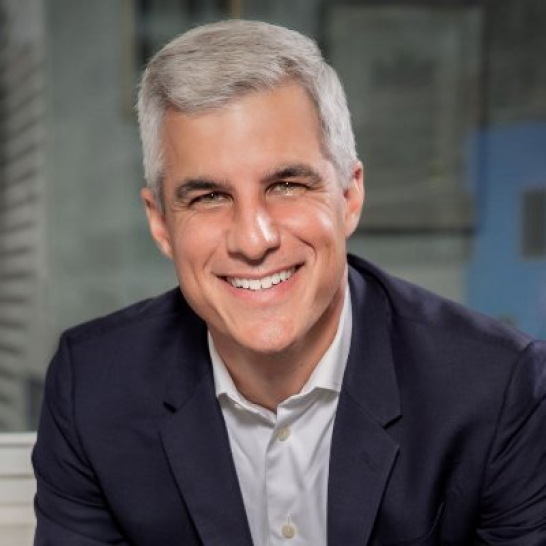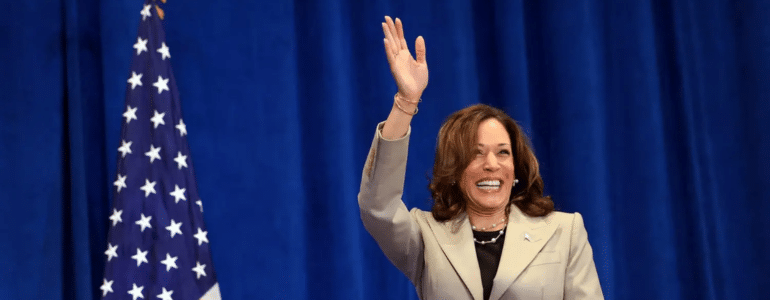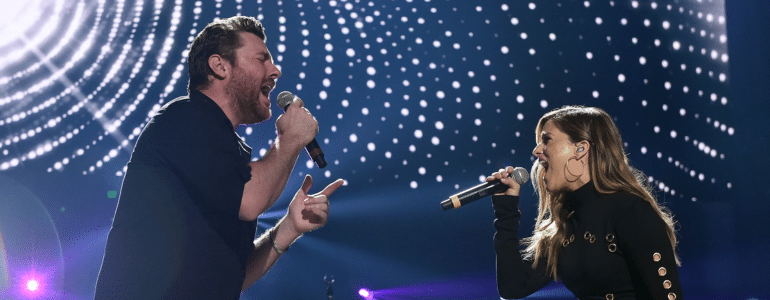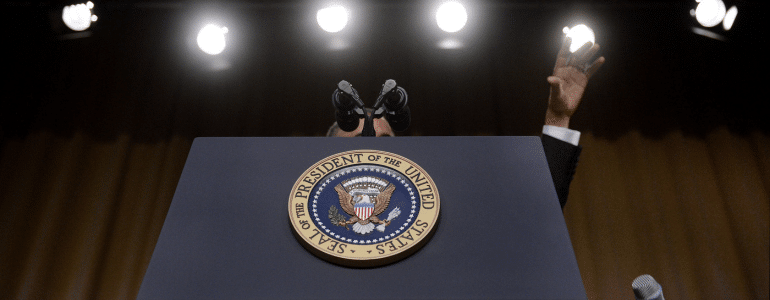Why we open shows on specific days and why we shouldn’t
Ask someone who has been around the Broadway block for advice on when to open your Broadway show and you’ll hear:
“Thursday or Sunday evenings.”
But why?
There are a lot of theories. But the one I’ve heard the most is leftover from the print media days. The thought was that the Friday newspaper (The New York Times to be specific) and the Monday newspaper were the most read.
Buuuuuut . . . we’re in a different era now, aren’t we? I mean, there’s a lot of people who are reading this article who may have never, ever, held a newspaper!
There are two reasons I’m suggesting we look at different nights to open our shows:
-
Media Habits have changed.
People consume online media differently than print. The cliche of getting your newspaper delivered first thing in the AM isn’t a thing anymore. Sure, I pop my NY Times app open when I’m walking my dog at 5:15 AM, but I’m also engaging with it at other times throughout the day.
But don’t take my word for it.
I asked ChatGPT this question: “What day is the best day to get an article posted on a news site for the most readership?”
The AI (truncated) answer?
Weekdays: Weekdays typically have higher readership compared to weekends. This is because many people are actively engaged in their work and regular routines during weekdays, including reading news online.
Midweek: Tuesday, Wednesday, and Thursday are often considered the best days to publish articles. Mondays can be busy as people catch up with work after the weekend, while Fridays tend to have lower engagement as people prepare for the weekend.
And boom.
That’s some pretty good data that tells us if online readership of reviews is what we’re after, there are better days to open a show than Sunday or Thursday.
-
Why Give Away A Good Performance?
This one isn’t based on a ChatGPT answer. This is something that I’ve been noodling on.
Since expenses on Broadway have increased “dramatically” over the past two years (thanks, Inflation et al), I’ve become obsessed with maximizing every opportunity we have to increase our grosses.
Because it takes more to break even now than it did before. Period.
And here’s the thing about opening nights. We give away the tickets. All of them.
It’s a zero-grossing performance. So that week, we don’t have eight shows a week. We have seven.
BUT, we have a full eight shows of expenses.
And people would come that night, if it was a regular performance. So by having an opening night, we’re giving up revenue.
How much? Well, depending on the show, and . . . now you’ll see where I’m headed . . . the day of the performance . . . it could cost the show $75,000 to $200,000.
(On a limited run, you don’t get that back, by the way. It’s just gone.)
Opening nights have value. A lot of value. So please don’t think I’m suggesting we do away with them.
They are celebrations for the artists who may have spent years creating the show. They are huge perks for our people who invest in Broadway shows. And they get press. (Remember when this happened at A Beautiful Noise?)
So we have to have them . . . but since we’re giving the tickets away, wouldn’t it make the most sense to have the opening on the days that sell the least?
Can we say Wednesday evenings anyone? Or Tuesdays? Or yeah, maybe a Thursday is actually best for you.
This is a business filled with a lot of traditions. And traditions begin because they make sense . . . at the time.
But now there has never been a more important time to question so many of those traditions.
And maybe make some new ones that are better-suited for today’s Broadway business.
– – – – –
I know, I know. I promised a report on the Broadway recovery this week. I need another week to crunch the data. Sign up to be the first to read this report by clicking the GET UPDATES button on the top right corner of my website.
Podcasting
Ken created one of the first Broadway podcasts, recording over 250 episodes over 7 years. It features interviews with A-listers in the theater about how they “made it”, including 2 Pulitzer Prize Winners, 7 Academy Award Winners and 76 Tony Award winners. Notable guests include Pasek & Paul, Kenny Leon, Lynn Ahrens and more.















